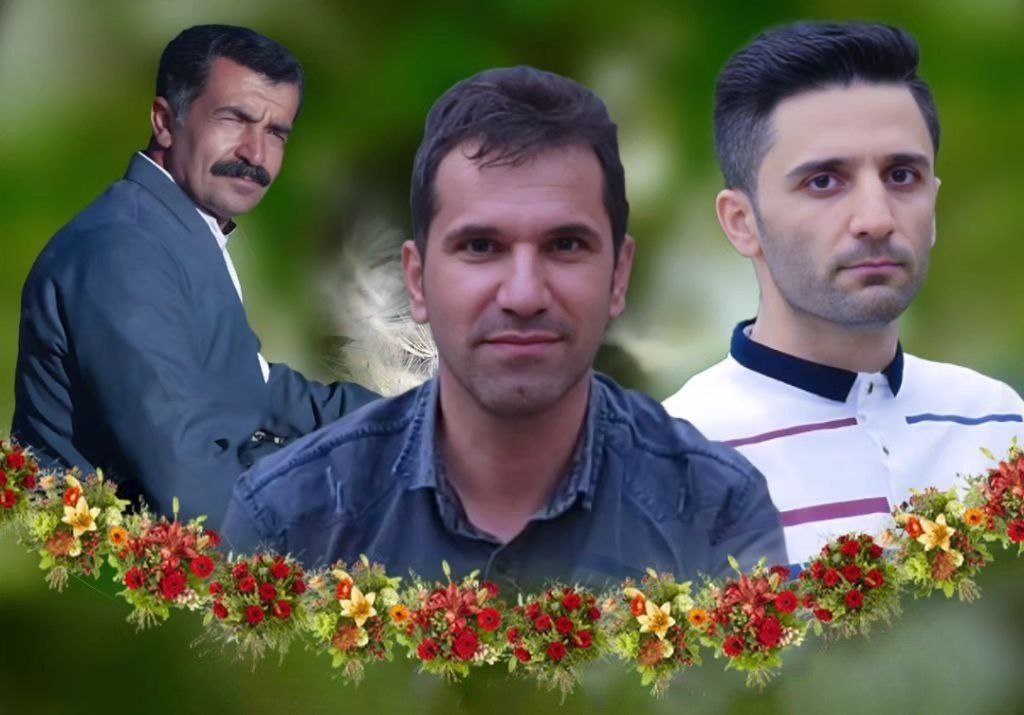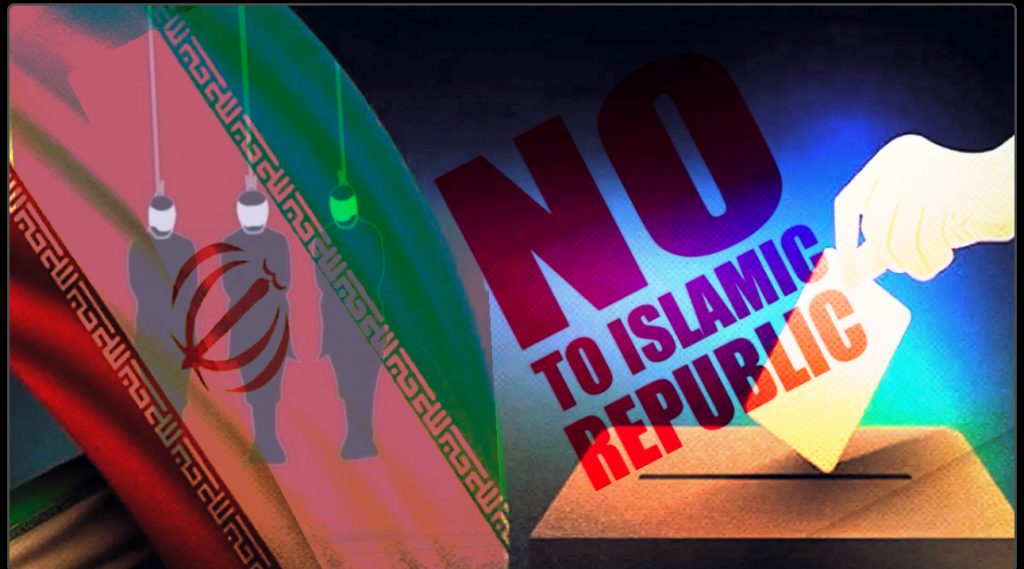
Four years ago, on July 28, 2020, three environmental activists from Paveh—Mukhtar Khandani, the spokesperson and founding member of the Zhiva Environmental Association of Paveh, Yasin Karimi, and Balal Amini, members of the Zhiva Association—lost their lives while extinguishing a forest fire in the Markhil forests of Paveh. The cause of their deaths was the explosion of unexploded landmines from the Iran-Iraq war.
Today, four years after this tragic incident, the forests of Paveh, Javanrud, Salas Babajani, Marivan, and all of Kurdistan’s forests continue to burn at the hands of enemies of nature and life. These forest fires in various Kurdish cities have clear political motives. It should not be forgotten that the capitalist system is not merely an economic system but also implements policies to further its dominance, occupation, and exploitation. An economistic and non-political view of environmental issues under the rule of the Islamic Republic is a clear deviation.
The Islamic Republic’s actions in Khuzestan with dam construction and water transfer projects aim at forcibly displacing Arab people to the outskirts of central cities, turning them into cheap labor while eroding their cultural identity. In Takab, the exploitation of mines and unemployment among Kurdish citizens is intended to create division between Kurdish and Turkish people. In Balochistan, plundering resources and impoverishing the Baloch people is a strategy to subdue and subjugate them. In Kurdistan, setting forests on fire is part of a scorched-earth policy to break the will of the revolutionary and resistant Kurdish people. The environment in Kurdistan and Iran is intertwined with politics, especially the issue of national oppression.
A look at the government’s security measures against environmental activists and journalists in Kurdistan reveals this reality. The suspicious death of Sharif Bajour and his companions in the forests of Marivan, the deaths of Mukhtar Khandani and his companions due to unexploded landmines, and the arrest, imprisonment, and torture of dozens of environmental activists and journalists for exposing the regime’s exploitative, occupation-oriented, and anti-ecological activities, all highlight the political and security actions of the capitalist regime against Kurdistan’s environment and its defenders.

